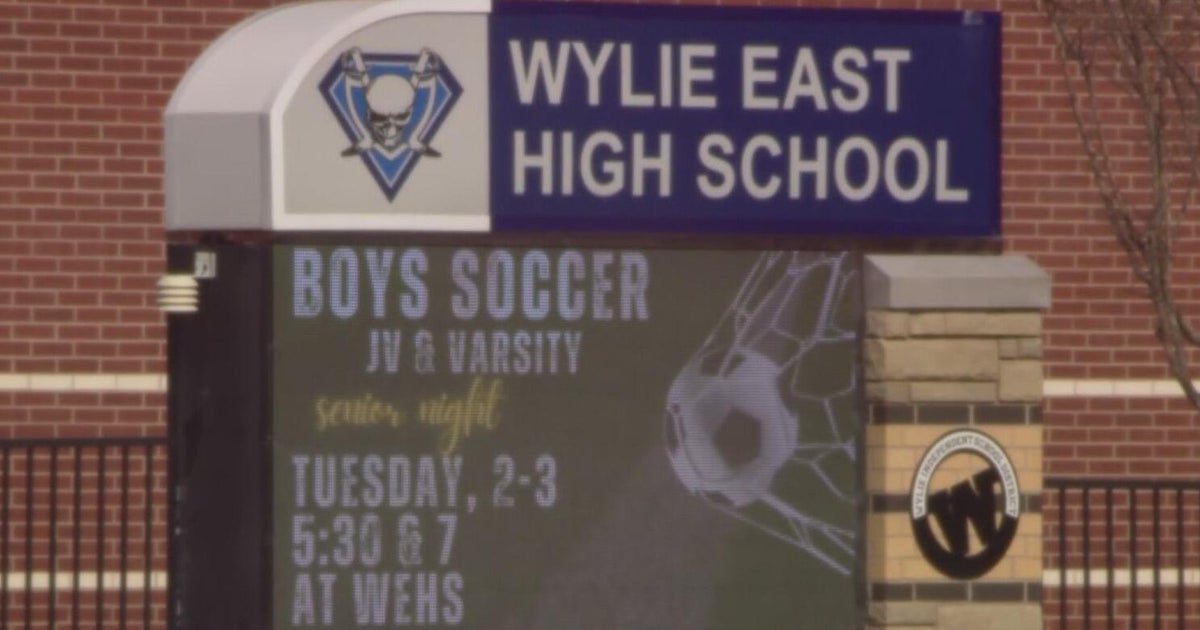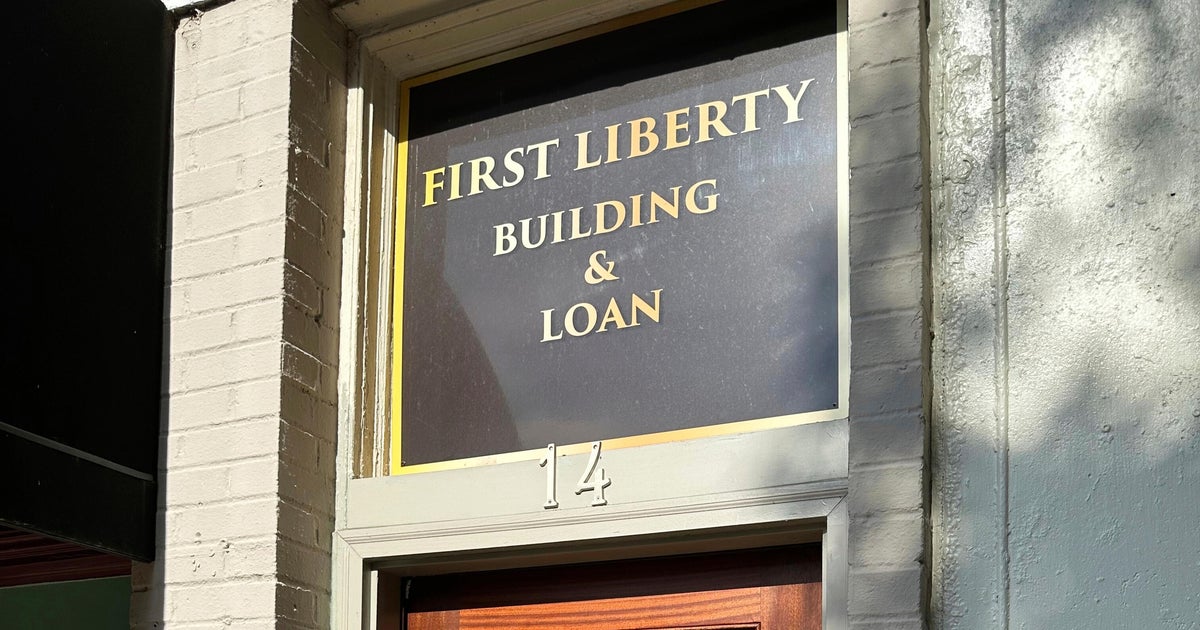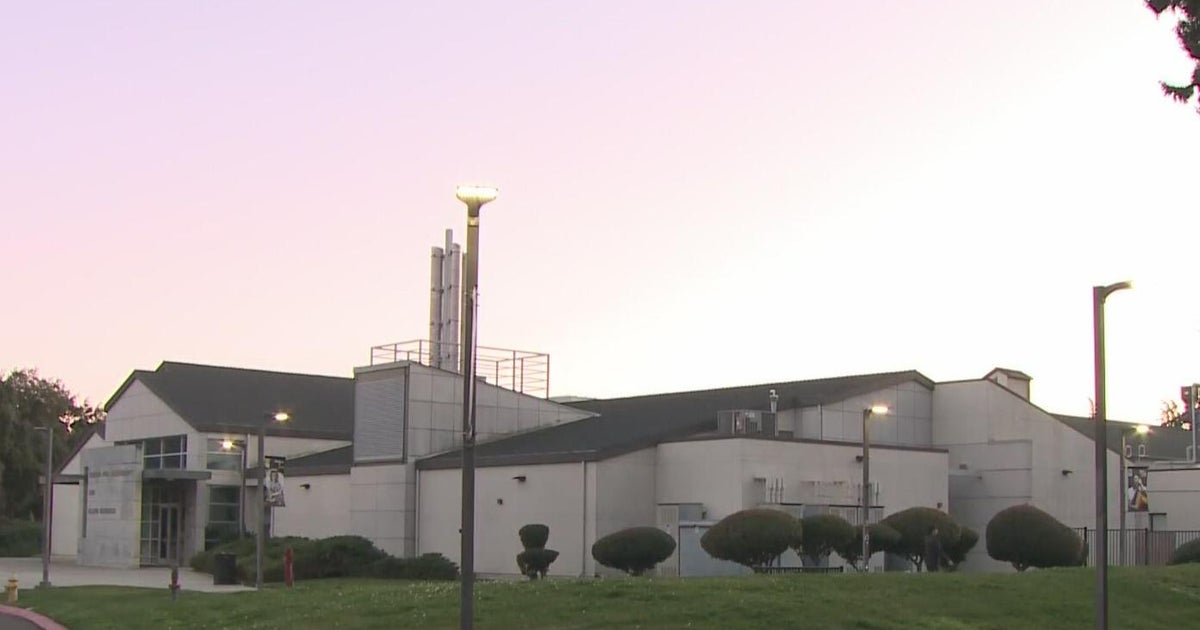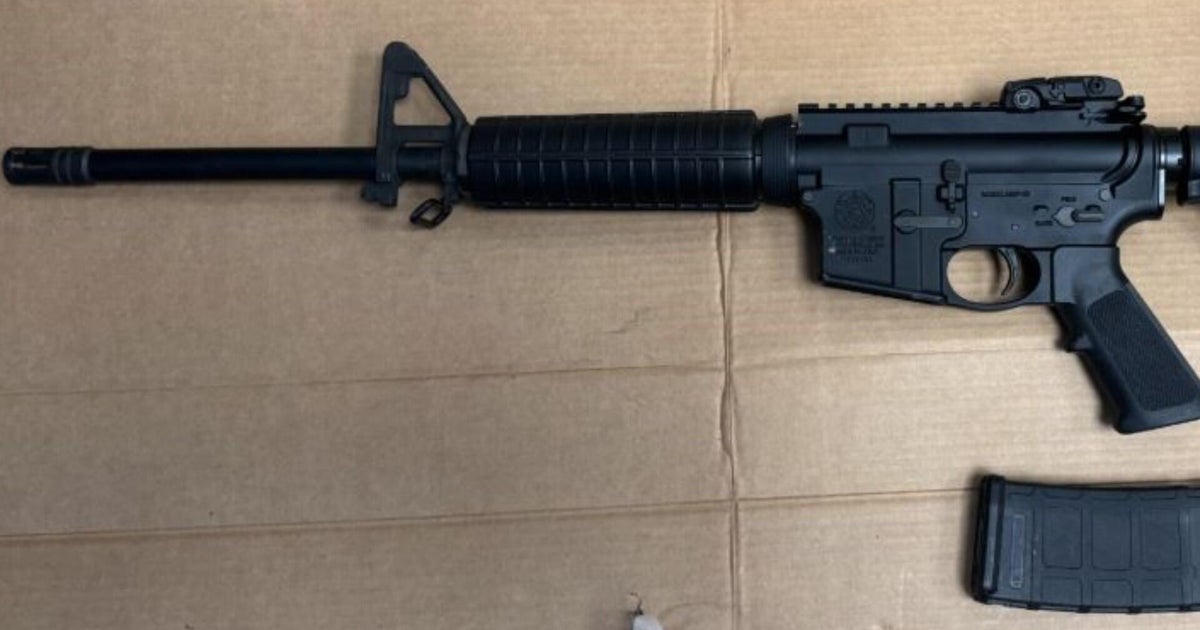Campus Gun Bill Gets Approval In Senate Committee
Follow CBSMIAMI.COM: Facebook | Twitter
TALLAHASSEE (NSF) – People with concealed-firearms licenses could carry guns at state colleges and universities, under a proposal narrowly approved Monday by a Senate committee.
Meanwhile, people without concealed-firearms licenses could carry weapons during emergency evacuation orders, under a separate measure backed by the committee.
The guns-on-campus bill (SB 176) was approved in a 3-2 party line vote by the Republican-controlled Senate Criminal Justice Committee. It would lift a longstanding ban on carrying concealed weapons on campuses.
Committee Chairman Greg Evers, R-Baker, the sponsor of the proposal, displayed a map of sexual offenders living near the Florida State University campus as he called the bill a safety issue.
"The problem is that in gun-free zones, that we have on college campuses right now, those gun-free zones are just an incubator for folks that won't follow the law," Evers said.
But Sen. Audrey Gibson, D-Jacksonville, argued that the proposal would allow "mini-militias" to form on the state's campuses.
"I believe it sends the wrong message to not only our students within the state of Florida, but people who may intend to come to Florida for college," Gibson said. "It certainly sends the wrong message to their parents."
Proponents, however, said the measure is needed.
Steven Landgraf, an economics student at Florida State University, said allowing people with concealed-weapons licenses to keep their weapons won't create "a wild west on campus."
National Rifle Association lobbyist Marion Hammer said people with the licenses shouldn't have their "constitutional rights violated" by stepping onto a campus. And she warned committee members that campuses are already dangerous places.
"The plain truth is that campuses are not safe," Hammer said. "They are gun-free zones where murderers, rapists, terrorists, crazies may commit crime without fear of being harmed by their victims."
The campus gun proposal advanced despite opposition announced last week by the university system's Board of Governors, university police chiefs and the 12 public universities.
A number of college faculty members, mostly from Florida State University, spoke Monday in opposition to the measure.
Marjorie Sanfilippo, a professor of psychology at Eckerd College, called the bill dangerous.
"It is mere speculation and ignorance of statistical probability to assert that armed students are the reason why shootings don't happen on campuses," Sanfilippo told the committee. "Proponents will tell you that allowing conceal carry will protect female students from sexual assault. I will point out the obvious; you'll be arming the assailants, too."
Evers contends that allowing people with concealed-weapons licenses to arm themselves would have reduced injuries in a November shooting at Florida State University that left three people wounded.
The gunman in the incident, an FSU graduate, was killed by police. However, Evers said that wouldn't always be the case, as it takes three to five minutes typically for law enforcement to respond to the first call of a shooting.
"There's a lot of death that could occur in three minutes and having someone that has a concealed carry, that has their gun on them, could prevent that from happening," Evers said before Monday's meeting.
Evers also dismissed concerns that increasing the number of armed people would further add confusion for law enforcement arriving on the scene.
"By the time law enforcement gets there, the incident would be well under control," Evers said. "When law enforcement says, 'Put down your guns and get down on your knees,' the law abiding citizens are going to do this."
The Senate guns-on-campus bill must clear three additional committees to reach the floor. The House version of the guns-on-campus proposal (HB 4005) was supported last month by the House Criminal Justice Subcommittee on a party-line vote, with Democrats opposed.
The Senate Criminal Justice Committee on Monday also voted 4-1, with Gibson opposed, on a measure (SB 290) that would allow gun owners without concealed-weapons licenses to legally carry their guns when an emergency evacuation order is given.
Last year, a similar measure failed to pass after heavy floor debate on the second-to-last day of the legislative session. However, this time the proposal has the support of the Florida Sheriffs Association, which opposed the 2014 version.
The change in the sheriffs association's position came as Sen. Jeff Brandes, a St. Petersburg Republican who is sponsoring the bill, added a timeline Monday to this year's proposal. The timeline would set a 48-hour window for individuals to carry weapons while they get away from an evacuation zone once the order is given.
The governor could extend the order by an additional 48 hours, under the proposal.
The News Service of Florida's Jim Turner contributed to this report.







